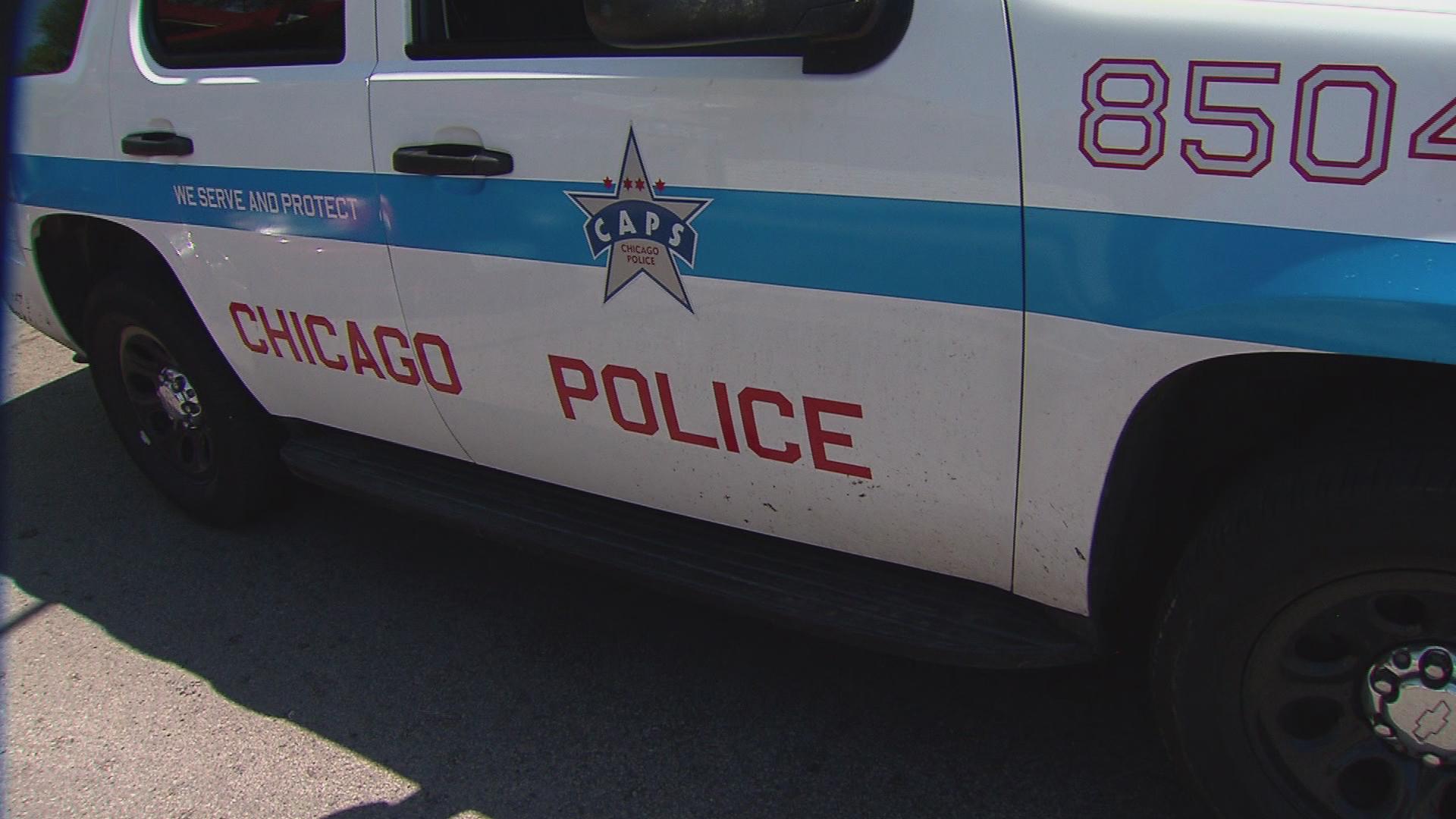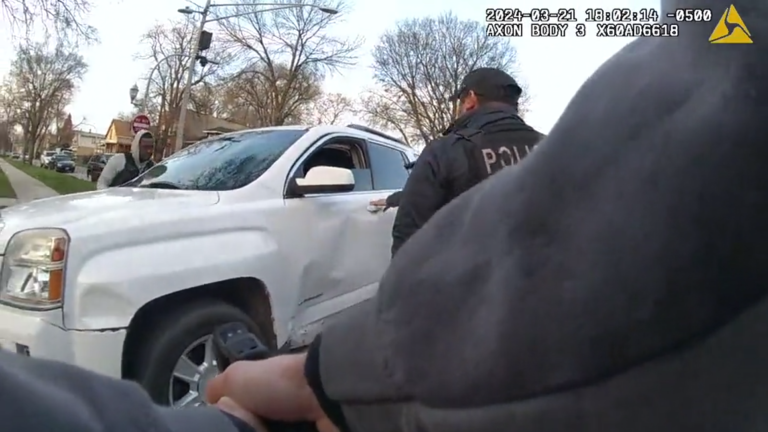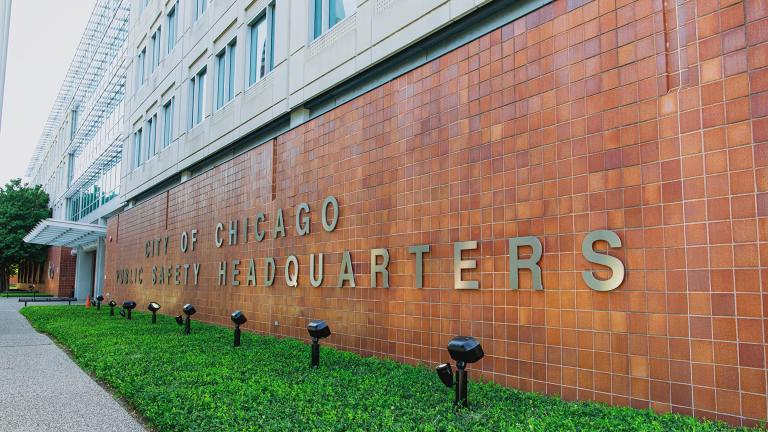
CHICAGO (AP) — Preliminary numbers indicate that homicides in Chicago fell by about 100 last year compared to 2017, though the total again eclipses the number of homicides in Los Angeles and New York combined, according to data released Tuesday.
Police in Chicago, the nation's third largest city, report that 561 homicides were committed between Jan. 1 and Dec. 31, 2018. That compares to 660 homicides in 2017 and more than 770 in 2016, which marked a 19-year high that put a national spotlight on Chicago's persistently high rates of gun violence.
Chicago police credit the decreases in part to the addition of more than 1,000 new officers in recent years. Police also cite the creation of high-tech nerve centers in 20 out of 22 police districts, where officers rely on gunshot-detection technology and predictive analytics that help quickly get police to areas where violence is most likely to erupt.
"Are we where we want to be? Of course not," Police Superintendent Eddie Johnson told the Chicago Tribune in a recent interview. But he added: "I do think we are taking steps in the right direction."
Official numbers for 2018 are expected to be released in several weeks, according to the department. Johnson has previously said "a reasonable goal" would be to one day get the annual number of homicides to below 300.
Although the decrease in 2018 is significant, the homicide total is a repeat of 2016 and 2017, when the number of killings in Chicago was higher than the combined total in the country's two other largest cities. As of about mid-December, New York reported 278 homicides and Los Angeles had 243.
President Donald Trump has often singled out Chicago's high homicide rate, tweeting in 2017: "If Chicago doesn't fix the horrible 'carnage' ... I will send in the Feds!" Chicago Mayor Rahm Emanuel has accused Trump of oversimplifying the problem and potential solutions.
While homicide numbers dropped in many districts in Chicago in 2018, they went up in several neighborhoods on the city's South and West Sides. Those areas have been plagued for years by gun and gang-related violence, including Englewood and West Garfield Park.
Victims of gun violence in 2018 included a 12-year-old She'nyah O'Flynn of Covert, Michigan, who was spending time with her father in Chicago over the summer. Police said she likely wasn't an intended victim when she was shot while getting out of a car in West Garfield Park.
Police have said most killings in Chicago are tied to street gangs, with members vying for control of territory or simply retaliating for perceived slights by gang rivals, which these days are typically communicated through social media.
The number of shootings fell 14 percent in 2018 compared to the same period last year, and the numbers are down by 32 percent since 2016, when there were more than 3,500. Through Dec. 31, 2018, there were 2,391 shootings in Chicago.
More than 9,500 illegal guns were seized in 2018, the most in five years, a police statement on the data said. Closer cooperation between local and federal law enforcement has also led to an increase in federal gun prosecutions in recent years, according to police.
Overall, crime citywide was down 10 percent in 2018 compared to the year before. Robberies and carjackings were both down 19 percent, and car thefts decreased 11 percent, the department figures show.
The addition of more than 200 license-plate reader systems in squad cars, bringing the total number to 240, has also aided police in locating stolen vehicles, the department said.
The release of the crime data comes as a judge continues to mull over whether to approve an over 200-page plan drafted by the city and the Illinois attorney general to reform Chicago police under federal court supervision.
The Police Department and the mayor have been criticized following the 2014 slaying of black teenager Laquan McDonald by a white police officer. McDonald was shot 16 times by Officer Jason Van Dyke, who was convicted of second-degree murder in October. A video, which showed the teen holding a knife and walking away from officers, prompted an investigation of the police department by the Justice Department, which found widespread abuses.
Other officers are accused of trying to coordinate false reports to protect Van Dyke.
Emanuel and police brass began implementing reforms well before the reform plan, also known as a consent decree, was presented to U.S. District Judge Robert Dow for approval.
The draft plan stems from a lawsuit filed by Illinois Attorney General Lisa Madigan, one that was not opposed by Emanuel.
Related stories:
Police: Robberies Down Citywide Nearly 20 Percent in 2018
Chicago Crime Drops for 13th Straight Month
CPS Says Crime Down by One-Third Along Safe Passage Routes








